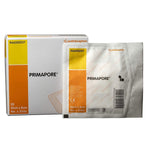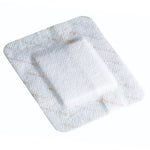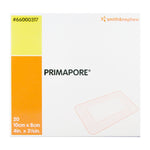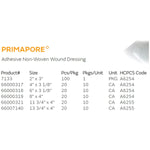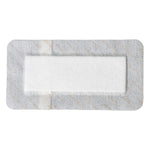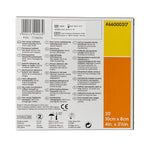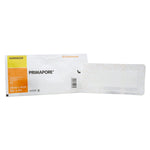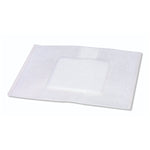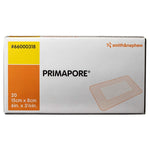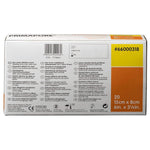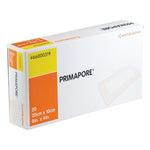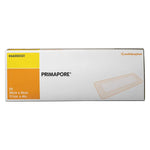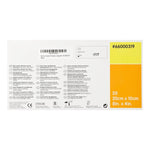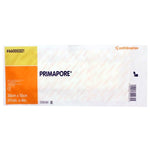Primapore Adhesive Non-Woven Wound Dressing
The Perfect Solution for Optimal Wound Care
For the easy and successful care of sutured wounds, Primapore dressings by Smith & Nephew combine an absorbent pad with a soft and conformable fixative layer. Indicated for post-operative wounds, small cuts, abrasions, lacerations, and puncture sites that require a water-resistant dressing to help avoid bacterial infection. As a secondary dressing, it can be applied over gels, ointments, and other primary dressings.
Features:
- Combines an absorbent pad with a soft and conformable fixative layer for the simple and effective management of sutured wounds
- The thick pad minimizes fluid strike-through and helps to protect the wound from trauma
- The wound contact layer enables the passage of blood or exudate into the highly absorbent pad whilst maintaining a good healing environment and minimal pain on dressing removal
- The protector paper, which is slit across the width of the dressing, enables quick application without the risk of touching the absorbent pad or adhesive area with fingers or forceps
- Soft breathable cover
- Low allergy adhesive
- Low adherent pad
- WARNING: Cancer and Reproductive Harm - www.P65Warnings.ca.gov















